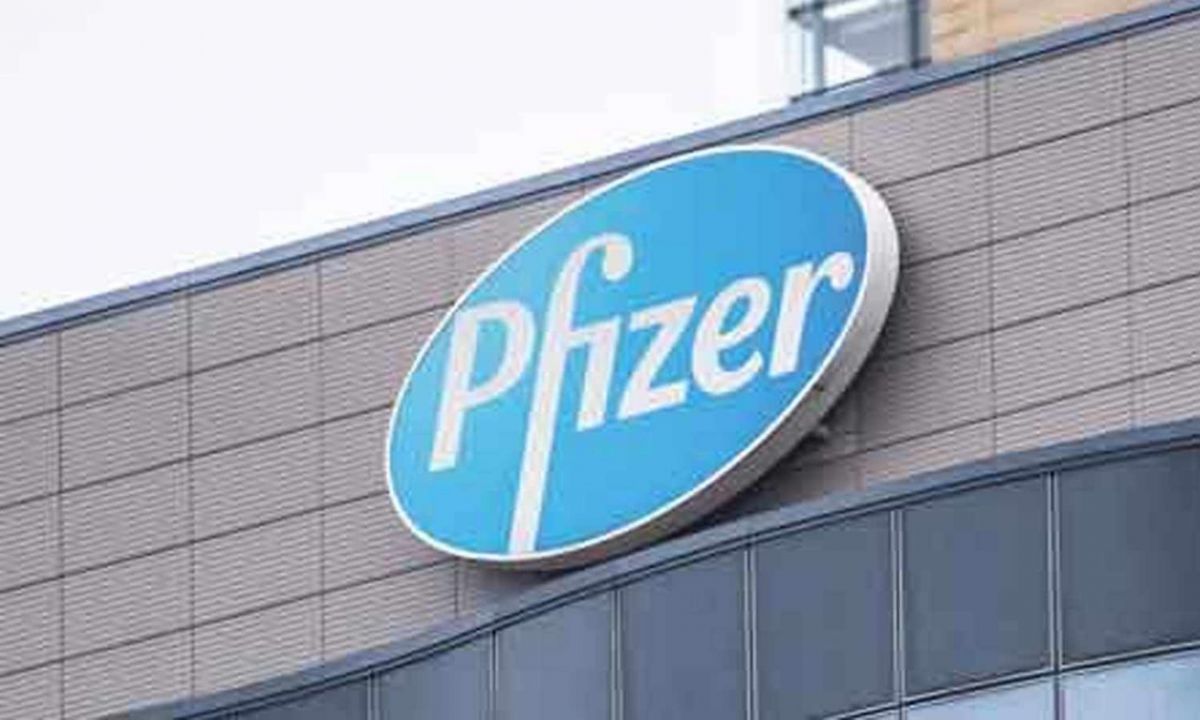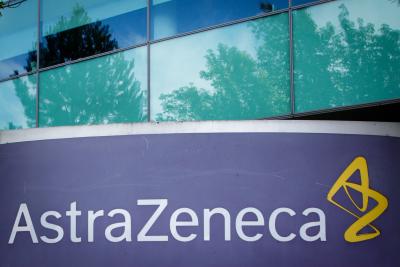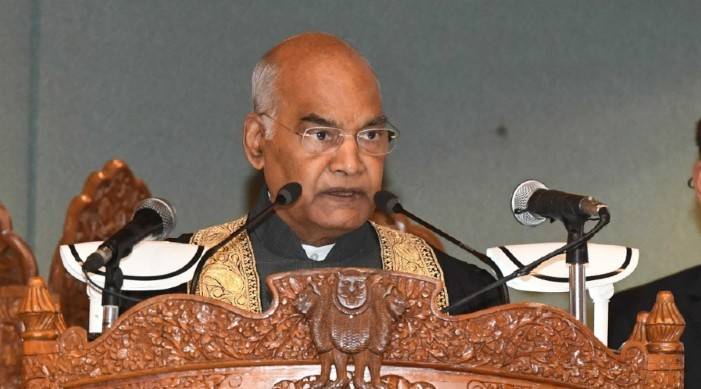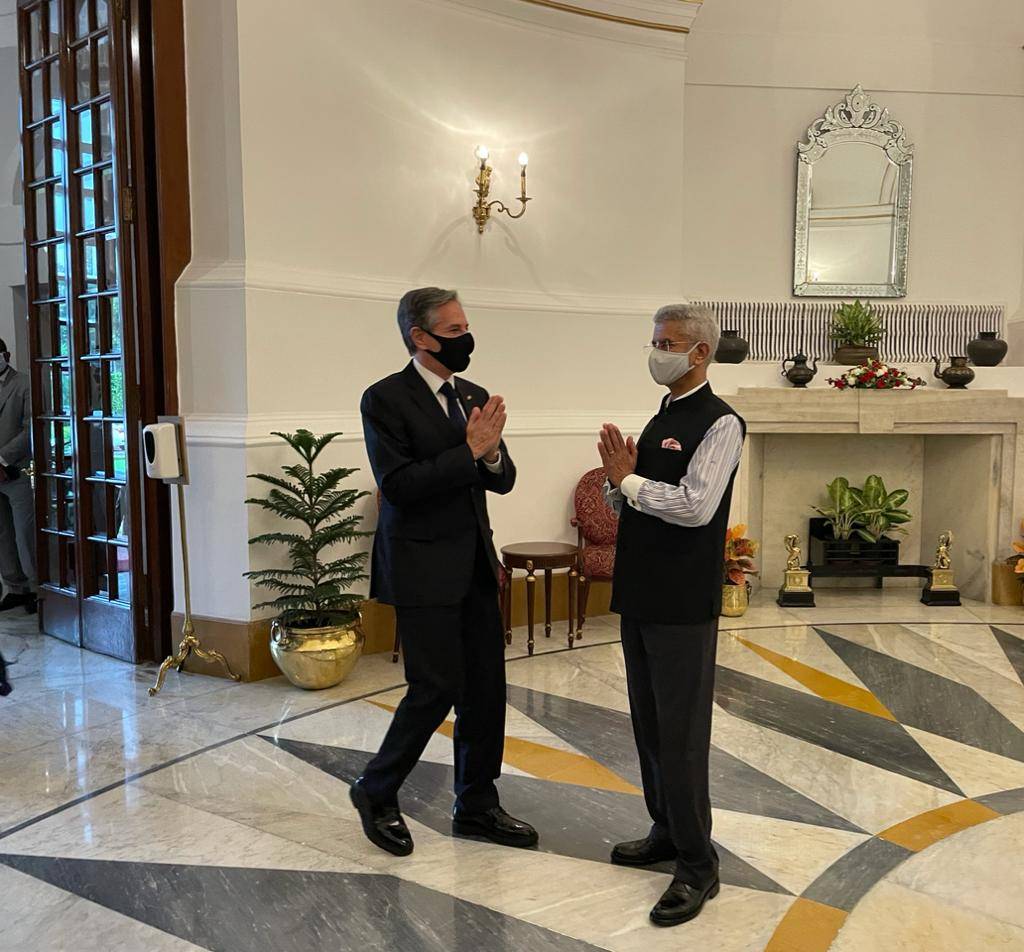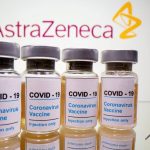The researchers highlighted that although the clinical implications of waning antibody levels are not yet clear, some decline was expected and current research shows that vaccines remain effective against severe disease…reports Asian Lite News.
Total antibody levels produced by both Pfizer and AstraZeneca appear to start declining from as early as six weeks after two vaccine doses and can reduce by more than 50 per cent over 10 weeks, according to a new study stressing the need for booster doses.
The study, led by researchers of the University College London, showed that the waning effect of the vaccine doses were consistent across all groups of people regardless of age, chronic illnesses or sex.
Published as a research letter in The Lancet, the study included data from over 600 people and showed antibody levels are substantially higher following two doses of the Pfizer vaccine than after two doses of the AstraZeneca jab.
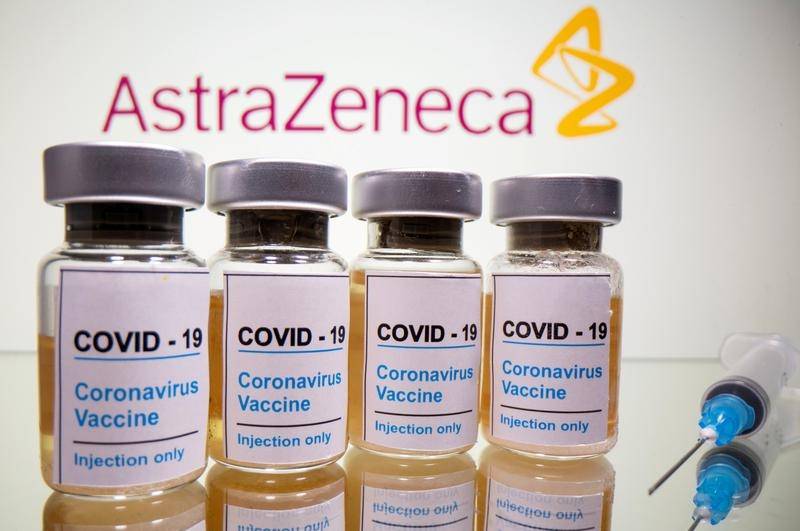
They are also much higher in those with prior SARS-CoV-2 infection.
The researchers highlighted that although the clinical implications of waning antibody levels are not yet clear, some decline was expected and current research shows that vaccines remain effective against severe disease.
For Pfizer, antibody levels reduced from a median of 7506 U/mL at 21-41 days, to 3320 U/mL at 70 or more days. For AstraZeneca, antibody levels reduced from a median of 1201 U/mL at 0-20 days to 190 U/mL (67-644) at 70 or more days.
“The levels of antibody following both doses of either the AstraZeneca or Pfizer vaccine were initially very high, which is likely to be an important part of why they are so protective against severe Covid-19,” said Maddie Shrotri from the UCL Institute of Health Informatics.
“However, we found these levels dropped substantially over the course of two to three months. If they carry on dropping at this rate, we are concerned that the protective effects of the vaccines may also begin to wear off, particularly against new variants; but we cannot yet predict how soon that might happen,” she added.
The findings support recommendations from the UK Joint Committee on Vaccination and Immunization (JCVI) that adults who are clinically vulnerable, those aged 70 years or over, and all residents of care homes for older adults should be prioritised for booster doses.
“In addition, those who were vaccinated with the AstraZeneca vaccine, including most care home residents, are likely to have much lower antibody levels than those vaccinated with the Pfizer vaccine, so this may also need to be considered when deciding who should be prioritised when boosters are rolled out,” said Professor Rob Aldridge from the UCL Institute of Health Informatics.
However, the study included only a small sample size and different people will have different levels of immunity depending on the virus neutralizing ability of their antibodies as well as their T-cell responses.
Thus, additional research is important to establish if there is an antibody level threshold needed for protection against severe disease, the researchers noted.
ALSO READ-‘Pfizer, AZ jabs highly effective against Delta variant’


